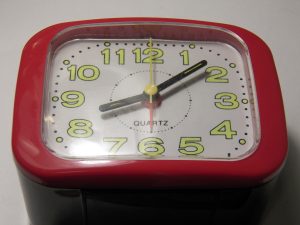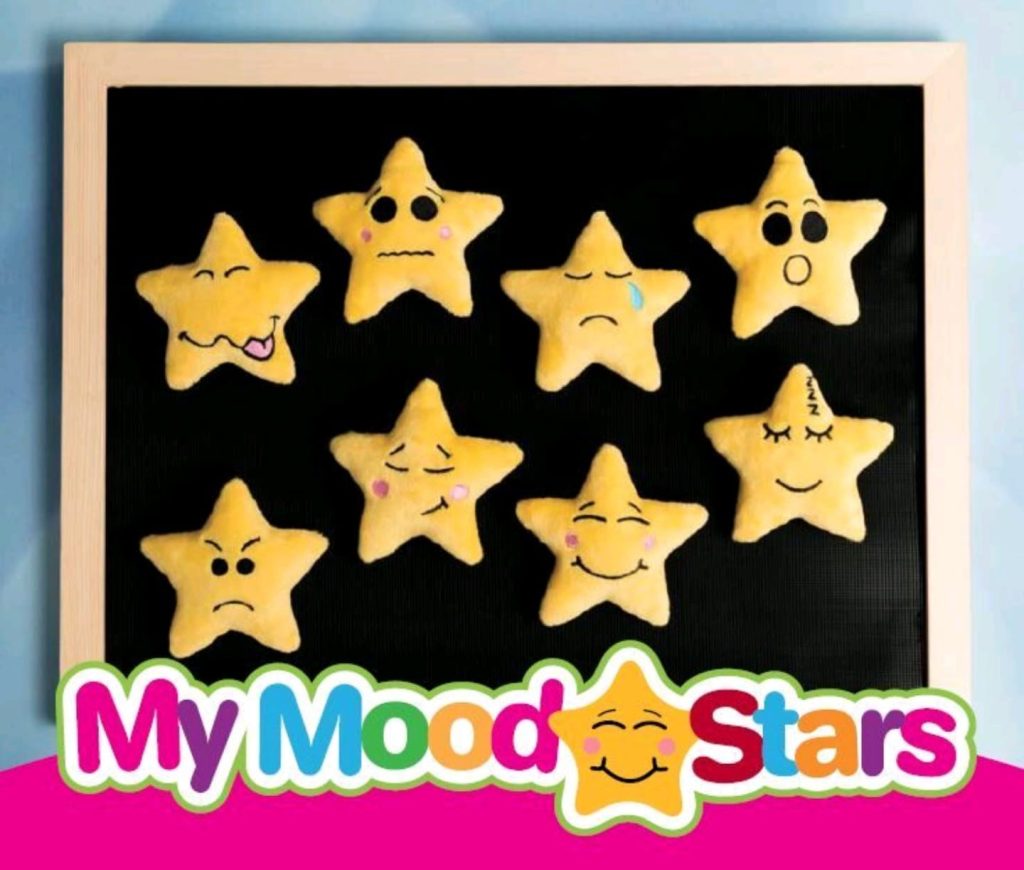 Nothing upsets an established routine as much as the arrival of September. Whether it’s new activities, nursery runs, schools runs or just the end of everyone running on summer holiday time, September is often a shock to the system. The key to getting past this is planning ahead and trying to shift everyone gently onto the new time by doing a couple of practice runs. Before nannies do this they need to check it out with the parents – after all, there’s still a weekend to go and your employers might appreciate a bit of warning about the early start.
Nothing upsets an established routine as much as the arrival of September. Whether it’s new activities, nursery runs, schools runs or just the end of everyone running on summer holiday time, September is often a shock to the system. The key to getting past this is planning ahead and trying to shift everyone gently onto the new time by doing a couple of practice runs. Before nannies do this they need to check it out with the parents – after all, there’s still a weekend to go and your employers might appreciate a bit of warning about the early start.
The morning starts before you’ve even gone to sleep. Late bedtimes have a huge knock on effect, and late bedtimes can be caused by late dinner, caused by a big day out which started late because you didn’t get out the house before 10…..and so on. By looking ahead to the last few days before you actually need to get up and out by 8.30 you can avoid a late night and give yourself a better chance of being on time in the morning. If, in September, it’s dinner at 5.30 and bed by 7 that needs to start around now, especially if you’re moving from dinner at 7 and bed at 8.30! Again a nanny needs to move carefully because the summer evenings are a great opportunity for parents to eat with their children and spend some time with them after they come home from work so open communication is important.
An earlier bedtime should lead to getting up earlier in the morning but you might need to encourage your new morning routine along by getting everyone up that bit earlier too. And once they’re up follow your new routine step-by-step and try to time it. That’s not to say you can no longer do complicated holiday breakfasts, of course you can but just be aware of the difference in time between preparing and eating bacon and eggs and preparing and eating a bowl of porridge.
Now is also the time to experiment with time-saving ideas for the morning. How much of tomorrow’s picnic lunch can you prepare while you cook dinner? Can you cut up some fruit ready for breakfast too? Even if you used to do that in July, chances are you’re out of the habit now and a new morning routine is as much about you as the children!
Other simple time-saving tricks include laying out clothes and bags the night before so you don’t have to run around in the morning and restocking the nappy bag when you come in rather than just before you need to go out.
“Don’t put off until tomorrow what you can do today” is definitely a maxim to live by.
Finally don’t underestimate the impact of a new route in the morning. Walk, catch the bus or train, or drive if that’s that you’ll be doing, at least once beforehand, especially if it’s a new or unfamiliar area. Make it into a fun game by creating a special bingo or I-spy game for older children. If you’re starting new baby activities check out the location, and parking nearby if you need to, so you don’t turn up late for the first session.
If you have any more great tips for setting up a new morning routine then let us know!


